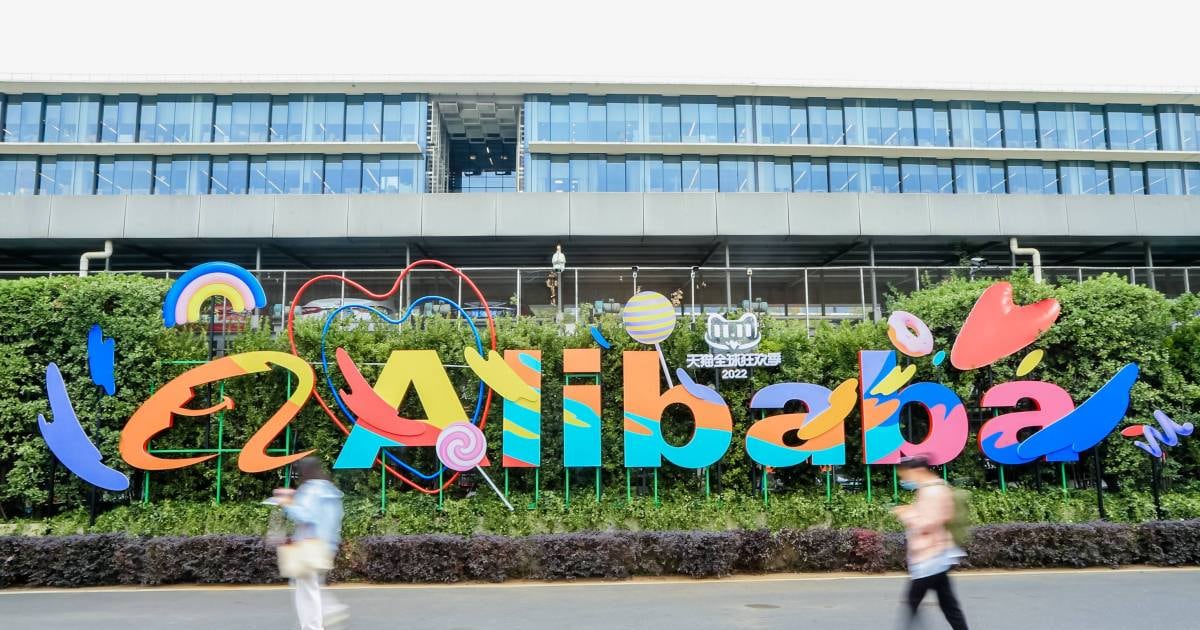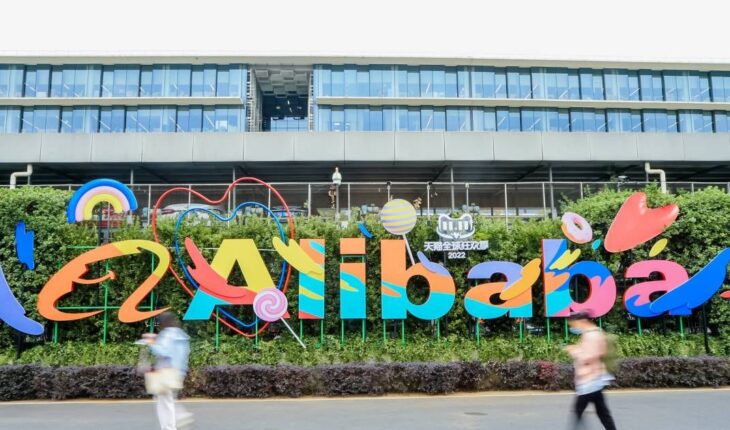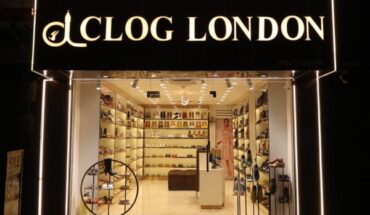
China’s biggest e-commerce platforms issued a raft of numbers showing robust sales growth during the country’s biggest annual online shopping gala, belying concerns about the malaise dogging the world’s No. 2 economy.
Alibaba Group Holding Ltd., JD.com Inc. and smartphone maker Xiaomi Corp. on Tuesday presented a plethora of statistics to drive home how this year’s Singles’ Day haul was one of the biggest yet. Alibaba said the number of paid 88VIP members who placed orders grew by 50 percent. Smaller rival JD reported customers increased by more than 20 percent. And Xiaomi co-founder Lei Jun said sales over the four-week promotional period hit a record 31.9 billion yuan ($4.4 billion).
Investors for years have scrutinised business during Singles’ Day — a festival of online bargains that dwarfs Cyber Monday and Black Friday in scale — for clues on domestic consumption. But selective disclosures from tech leaders this year paint an incomplete picture of whether Beijing’s trillion-dollar-plus effort to rejuvenate the economy is taking hold. Neither of China’s two biggest e-commerce players disclosed gross merchandise value, or the sum total of transactions.
Independent tracker Syntun estimates transactions across all platforms in the weeks running up to Nov. 11 rose 27 percent to 1.44 trillion yuan. But many began promotions much earlier than usual, meaning that spending is spread over as many as 29 days, versus 19 days in 2023. That’s the longest Singles’ Day festival on record.
Alibaba’s shares slid 3.8 percent while JD’s stock dived 5 percent in Hong Kong, mirroring a broader market decline.
“Singles’ Day, once a very significant event where brands sold about a third of annual sales, is losing significance as discounts have become common year-round, leading to discount fatigue among consumers,” said Sharon Gai, an industry consultant author of Ecommerce Reimagined.
“While some segments, like travel, are showing signs of recovery, overall spending remains moderated, reflecting a long-term shift toward more mindful consumption.”
Chinese consumers are expected to stay cautious this year amid the uncertainty of a flagging property market and potential global economic ructions, according to Jeffrey Towson, partner at TechMoat Consulting.
Anecdotal evidence and local media reports suggest some of the purchases on platforms like Tmall were designed to take advantage of spending incentives. Some shoppers put in orders fully intending to cancel and return items, after earning credit for spending that entitles them to discounts on other purchases.
On the Instagram-like Xiaohongshu, many users offered advice on how shoppers can earn vouchers through targeted spending on brands such as Ralph Lauren Corp., Burberry Group Plc or Valentino Fashion Group SpA. For example, 7,000 yuan ($970) in spending entitled shoppers to a 560 yuan discount on goods bought on Tmall.
The trend, which makes quantifying consumer spending in the country more challenging, is reminiscent of what luxury labels including Cie Financiere Richemont SA’s Net-A-Porter experienced a year earlier. Even in the first quarter of this year, returns have surged abnormally, masking underlying trends.
Several merchants described dwindling spending and profits.
Sandy Fang, who sells scented air fresheners on ByteDance Ltd.’s Douyin, said her profits have shrunk sharply compared with previous years. “There’s nothing else we can do to survive, other than working non-stop,” she said. “Our livestreaming is almost 24-7 now.”
Learn more:
LVMH Deepens Partnership with Alibaba
The world’s largest luxury group is aiming to boost its digital presence in China, where demand has been hit by a property crisis and high youth unemployment.





